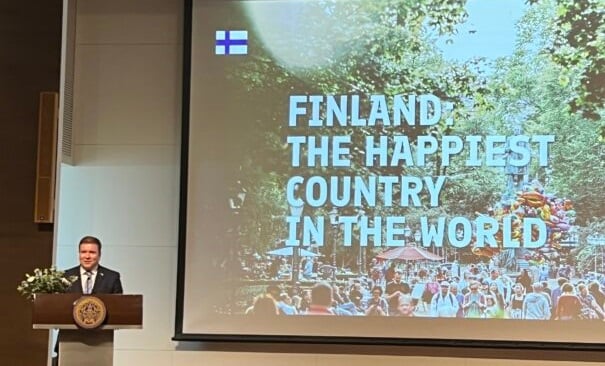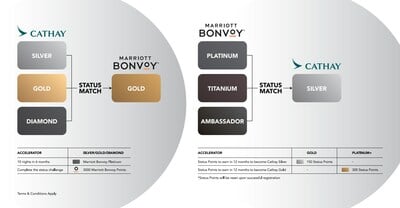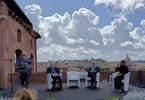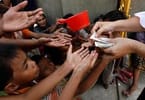ISTANBUL, Turkey – Regional connectedness will lead to greater economic and political stability, Arab leaders said in the opening plenary of the World Economic Forum on the Middle East, North Africa and Eurasia in Istanbul, Turkey. The meeting, convening under the theme “Bridging Regions in Transition”, marks the first time in its 42-year history that the Forum has gathered leaders for a special cross-regional meeting.
“Any problem in one country has something to do with another country,” said RecepTayyip Erdoğan, Prime Minister of Turkey. When war, conflict, migration and terror take place in a neighbouring country, those events have an effect on one’s own country, he added.
Turkey’s active engagement in regional affairs as well as its growth model, combining democratic governance and economic stability in the face of pronounced global challenges, could offer lessons for other nations in the region. Political turmoil in Syria and the on-going stalemate in the Arab-Israeli peace process are two issues that underscore the need for regional cooperation.
“Today, we are not at war or at peace [with Israel],” said Mahmoud Abbas, President of the Palestinian National Authority. “This could go on for decades.” Abbas called on Israel to accept the Arab Peace initiative, particularly in the face of rapid changes in the region since the Arab Spring. “This opportunity might not stay on the table for long because the region is currently in turmoil,” he said.
Tunisia, which served as a “cradle” for the Arab Spring, has become the focus of international attention as it transitions to democracy. Hammadi Jebali, Prime Minister of Tunisia, observed that the nation’s political turmoil was inextricably linked to its economic difficulties. Rebuilding a strong foundation for democracy and prosperity will require significant economic development. Jebali issued a call to Arab businesses in particular: “You need to invest in democracy. We all need to invest in democracy. We need to support this Tunisian model”.
The diversity of the region is reflected in the Co-Chairs of the meeting:
Frederico Curado, President and Chief Executive Officer, EMBRAER, Brazil
Ibrahim S. Dabdoub, Group Chief Executive Officer, National Bank of Kuwait, Kuwait
Muhtar A. Kent, Chairman of the Board and Chief Executive Officer, The Coca-Cola Company, USA
Andrey L. Kostin, Chairman and Chief Executive Officer, VTB Bank, Russian Federation
Giuseppe Recchi, Chairman, Eni, Italy
Güler Sabanci, Chairman and Managing Director, Haci Ömer Sabanci Holding, Turkey
WHAT TO TAKE AWAY FROM THIS ARTICLE:
- Turkey's active engagement in regional affairs as well as its growth model, combining democratic governance and economic stability in the face of pronounced global challenges, could offer lessons for other nations in the region.
- ISTANBUL, Turkey – Regional connectedness will lead to greater economic and political stability, Arab leaders said in the opening plenary of the World Economic Forum on the Middle East, North Africa and Eurasia in Istanbul, Turkey.
- The meeting, convening under the theme “Bridging Regions in Transition”, marks the first time in its 42-year history that the Forum has gathered leaders for a special cross-regional meeting.






















